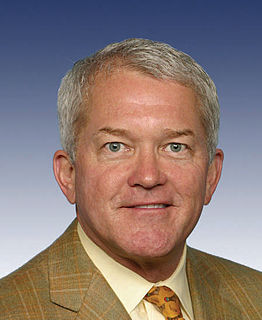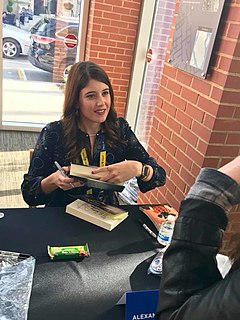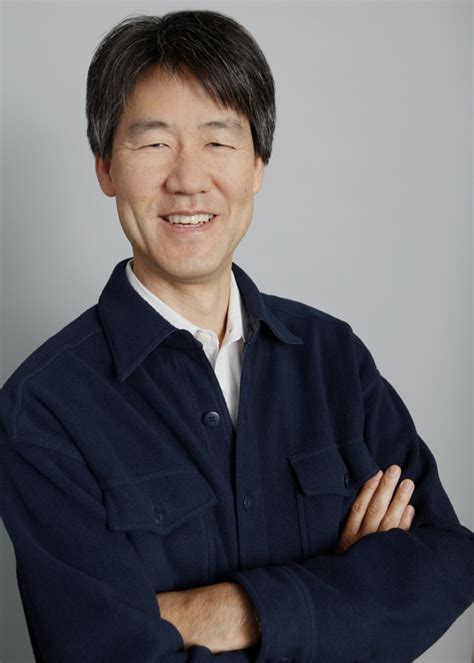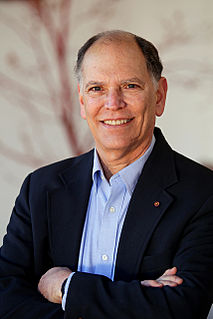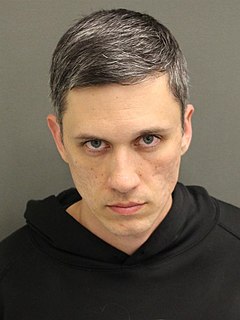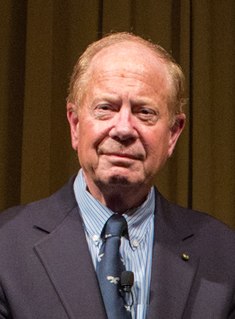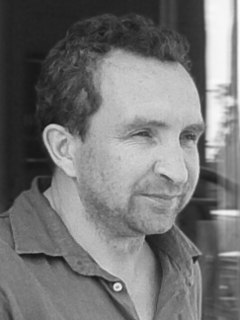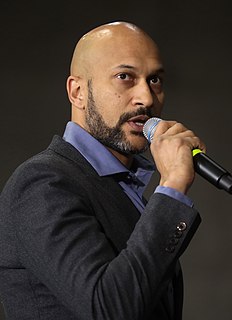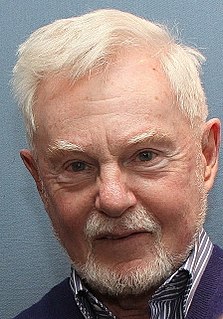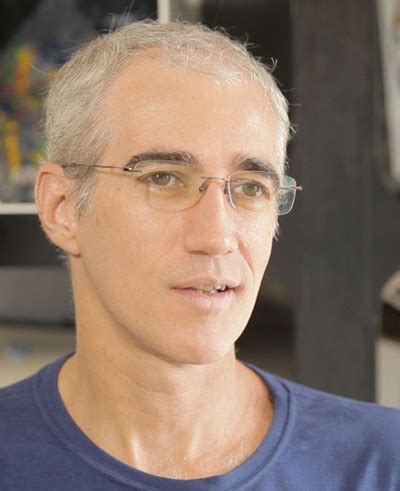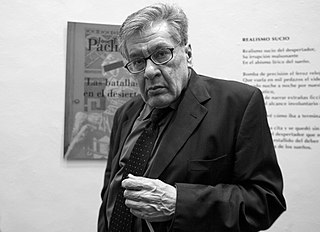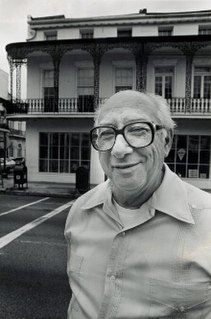Top 1200 Rewriting History Quotes & Sayings - Page 17
Explore popular Rewriting History quotes.
Last updated on April 20, 2025.
Moreover, it is so important that people have the opportunity to share their stories and have them documented. There have been large-scale oral history projects after many events, from September 11th to Hurricane Katrina. Many oral history projects are much more confined, but equally valuable. We can learn about different working conditions, living conditions, trauma experiences and much more through oral history.
History is basically really looking back and finding out what happened to an individual, a community, a family, a group in a certain event. And so that's why I go, "Wow. That's what acting really is. You find out the background, you get the joy of creating a fictional history of a fictional character and you get to tell a story." So I felt that acting is making history come alive and it became my mode of trying to figure out what this craft of acting is really all about.
The reason for teaching history is not that it changes society, but that it changes pupils; it changes what they see in the world, and how they see it.... To say someone has learnt history is to say something very wide ranging about the way in which he or she is likely to make sense of the world. History offers a way of seeing almost any substantive issue in human affairs, subject to certain procedures and standards, whatever feelings one may have.
Another thing is, people lose perspective. It is a cultural trait in America to think in terms of very short time periods. My advice is: learn history. Take responsibility for history. Recognise that sometimes things take a long time to change. If you look at your history in this country, you find that for most rights, people had to struggle. People in this era forget that and quite often think they are entitled, and are weary of struggling over any period of time
Economist Frederick Thayer has studied the history of our balanced-budget crusades and has come up with some depressing statistics. We have had six major depressions in our history (1819, 1837, 1857, 1873, 1893 and 1929); all six of them followed sustained periods of reducing the national debt. We have had almost chronic deficits since the 1930s, and there has been no depression since then - the longest crash-free period in our history.
The only thing I might have noticed [and this is pretty anecdotal] is that there is some tendency to need to be taught that 'writing is rewriting' - maybe more of a sense than was pervasive 10 years ago that the first or second pass of a story is sufficient. That is an idea that is easily dislodged, but I suspect it might have something to do with the turnaround time re: blogging and so on - this sense that there is some essential truth about a first draft that one runs the risk of "ruining" by coming back to it.




